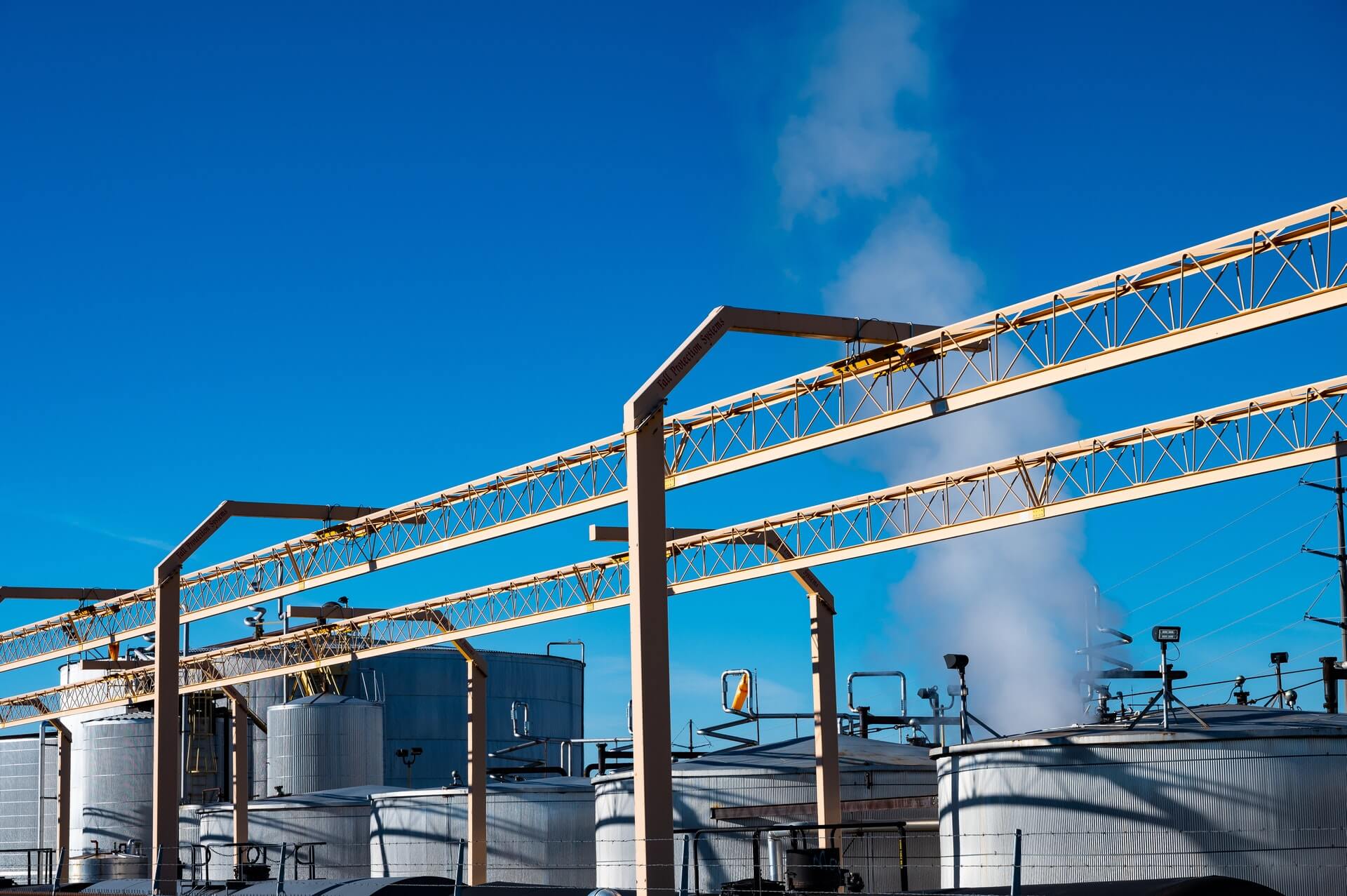Senior officials in the Biden administration are considering easing tariffs on imports from China in an attempt to reduce inflation: Treasury Secretary Janet Yellen and Commerce Secretary Gina Raimondo reportedly see doing so as a means to lower consumer costs – through easier access to goods from China.
This is an insane approach. It’s like curing delirium tremens with a tequila shot. Tariffs are not the reason for inflation; easing them is not a way to solve it. Rather, tariffs are a response to the same fundamental problem that is driving today’s skyrocketing inflation: Non-market, predatory activity on the part of US adversaries that has contributed to the hollowing out of American industry. And rather than exacerbating this problem, tariffs help to create the conditions necessary to solve it.
The US is over-dependent on globalized supply chains that are manipulated by non-market actors generally, and Beijing in particular. This makes the United States acutely vulnerable to the whims of, and disruptions among, those players on which it depends; distinctly unable to shore up its own national and economic security.
The answer to inflation is not to ease tariffs. It is to stop with the band-aids. It is to keep tariffs up, but also to take the proactive measures that they are supposed to encourage: The US should see inflation as a push to invest in domestic production; tariffs as the market opportunity to do so.
The US-China trade war responded to this reality – and to the fact that it is in large part a product of decades of Chinese government support to a state-controlled private sector designed to hollow out US industry and control international value chains. Tariffs on Chinese imports are designed to even the playing field; to create an environment in which US production can be competitive, despite the economic aggression of the Chinese Communist Party.
But tariffs can only do so much. Change takes time. Now, with inflation wreaking havoc on the national economy, the US is feeling the consequences of an inability to produce: Pandemic, land war in Europe, and geopolitical tensions are squeezing the global market. The US does not have the domestic capacity necessary to make up the difference. Apple relies on microelectronics produced in China; thanks to China’s COVID Zero policy, Apple’s suppliers have shut down their factories. US electric vehicle manufacturers rely on critical inputs processed in China. As supply of those inputs dwindles, China appears to be hoarding reserves.
If Washington eases tariffs in a misguided attempt to address inflation, it will only exacerbate the fundamental problem. It will only fuel continued, and growing, reliance on external production for inputs that must be produced at home. Relaxing or removing tariffs would make it impossible for US industry to compete against China’s non-market economic offensive. It would encourage the permissive US approach to dependencies that has allowed US industry to be hollowed out, and therefore stripped the country of the ability to protect against inflation.
No. The answer to inflation is not to ease tariffs. It is to stop with the band-aids. It is to keep tariffs up, but also to take the proactive measures that they are supposed to encourage: The US should see inflation as a push to invest in domestic production; tariffs as the market opportunity to do so.
For this to happen, the private sector has to be told, and told again, that tariffs are not going to go away. Only then will the incentives be sufficient to make the big, bold, expensive shift to building at home. That means that Secretary Raimondo should stop calling for tariffs to be lifted – and instead call on the private sector to step up.
And on that note, Washington must pair sticks with carrots. Beijing subsidizes its domestic industry to cannibalize strategic industries. The US will never, and should never, take such an approach: It runs contrary to the country’s economic and normative models. But the government should work with the private sector to identify the industries and products that matter most for US economic growth and national security, and to open the doors to investment in them.
If Washington wants to fix inflation, it should not relax tariffs and encourage the inflow of underpriced Chinese goods. Instead, Washington should open the toolbox of tax breaks, regulatory relaxation, and targeted government grants to encourage domestic production. That will build a strong US, not a reliant one.
(Photo by Pexels)



